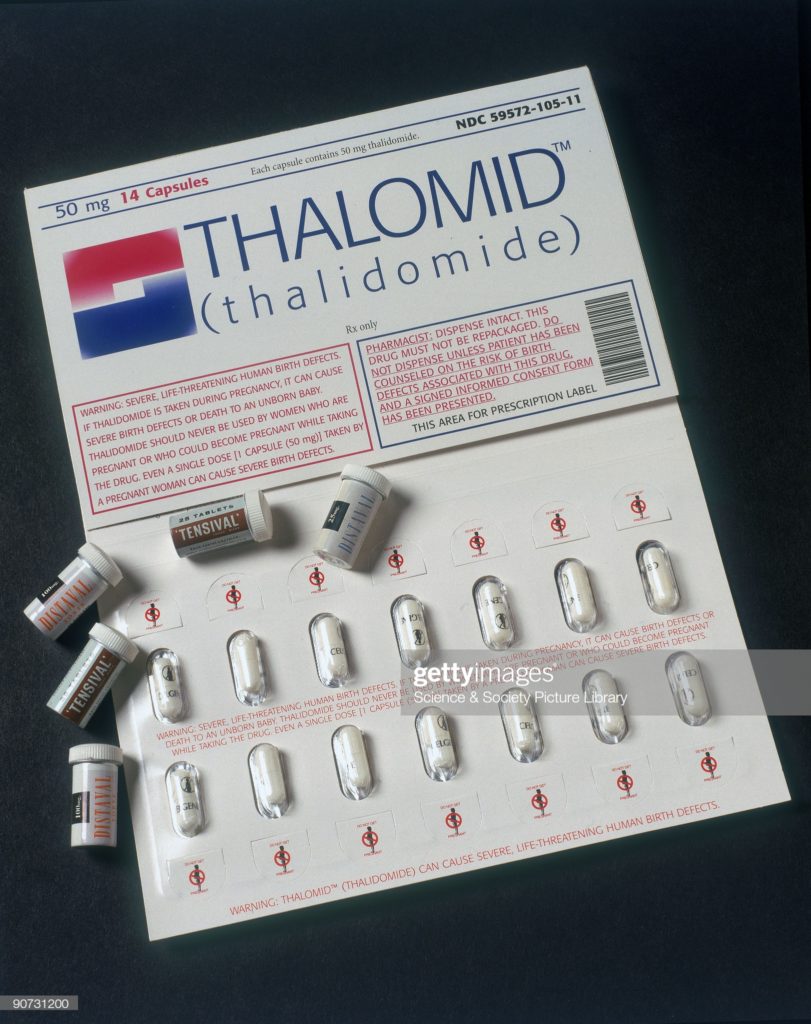
Recently Diagnosed or Relapsed? Stop Looking For a Miracle Cure, and Use Evidence-Based Therapies To Enhance Your Treatment and Prolong Your Remission
Multiple Myeloma an incurable disease, but I have spent the last 25 years in remission using a blend of conventional oncology and evidence-based nutrition, supplementation, and lifestyle therapies from peer-reviewed studies that your oncologist probably hasn't told you about.
Click the orange button to the right to learn more about what you can start doing today.
- You are here:
- Home »
- Blog »
- Multiple Myeloma »
- Multiple Myeloma Response- Intensification- CVd vs. No CVd
Multiple Myeloma Response- Intensification- CVd vs. No CVd

Intensification treatment with CVD significantly improved progression-free survival for newly diagnosed multiple myeloma… but did not improve overall survival…”
We all hope to have a complete response to our induction therapy for multiple myeloma (MM). But what happens when our MM response is poor- partial or minimal?
MM treatment centers may differ but MM patients are told that we cannot undergo a stem cell transplant if our m-spike doesn’t not come down substantially from induction therapy.
When I underwent induction therapy from 3/95-8/95, my m-spike actually increased. I think it is safe to say that I didn’t respond to my induction therapy of vincristine, adriamycin and dexamethasone (VAD).
According to the study linked and excerpted below, mm patients who do not respond to immunomodulatory drugs (IMIDS) will, on average, achieve a longer PFS if they undergo cyclophosphamide, velcade and dexamethasone (CVd).
Unfortunately, this increase in longer PFS does not mean that the MM patient will achieve a longer overall survival (OS) aka length of life.
Please remember that multiple myeloma is considered to be an incurable blood cancer by conventional oncology. If you undergo ONLY FDA approved, conventional MM therapies you will achieve remissions, relapses, MDR and end-stage MM.
Consider evidence-based non-conventional therapies such as nutrition, supplementation and complementary MM therapies. I do and I have been living in complete remission from my MM since April of 1999.
To learn more about these therapies, scroll down the page, post a question or comment and I will reply to you ASAP.
Thank you,
David Emerson
- MM Survivor
- MM Coach
- Director PeopleBeatingCancer
Recommended Reading:
- Myeloma Diagnosis- What Can MM Coaching Do For Me?
- Multiple Myeloma Relapse? What’s Next? Darzelex?
- Multiple Myeloma Relapse- My Onc. is Pushing a Stem Cell Transplant
Response-adapted intensification with cyclophosphamide, bortezomib, and dexamethasone versus no intensification in patients with newly diagnosed multiple myeloma (Myeloma XI): a multicentre, open-label, randomised, phase 3 trial
“We aimed to assess the clinical value of maximising responses by using therapeutic agents with different modes of action, the use of which is directed by the response to the initial combination therapy. We aimed to assess response-adapted intensification treatment with cyclophosphamide, bortezomib, and dexamethasone (CVD) versus no intensification treatment in patients with newly diagnosed multiple myeloma who had a suboptimal response to initial immunomodulatory triplet treatment…
Eligible patients were aged 18 years or older and had symptomatic or non-secretory, newly diagnosed multiple myeloma, had completed their assigned induction therapy as per protocol (cyclophosphamide, thalidomide, and dexamethasone or cyclophosphamide, lenalidomide, and dexamethasone) and achieved a partial or minimal response…
After a median follow-up of 29·7 months, median progression-free survival was
- 30 months with CVD and
- 20 months (15–28) with no CVD,
and 3-year overall survival was 77·3% in the CVD group and 78·5% in the no CVD group.
The most common grade 3 or 4 adverse events for patients taking CVD were haematological, including:
- neutropenia (18 [7%] patients),
- thrombocytopenia (19 [7%] patients), and
- anaemia (8 [3%] patients).
No deaths in the CVD group were deemed treatment related…
Intensification treatment with CVD significantly improved progression-free survival in patients with newly diagnosed multiple myeloma and a suboptimal response to immunomodulatory induction therapy compared with no intensification treatment, but did not improve overall survival…”
What immunomodulatory drugs are used to treat multiple myeloma?
“Immunomodulatory drugs strengthen your immune cells to help them attack cancer cells. They also help starve the myeloma cells in your bone marrow by preventing new blood vessels from forming. They include:
- Lenalidomide (Revlimid)
- Pomalidomide (Pomalyst)
- Thalidomide (Thalomid)”



